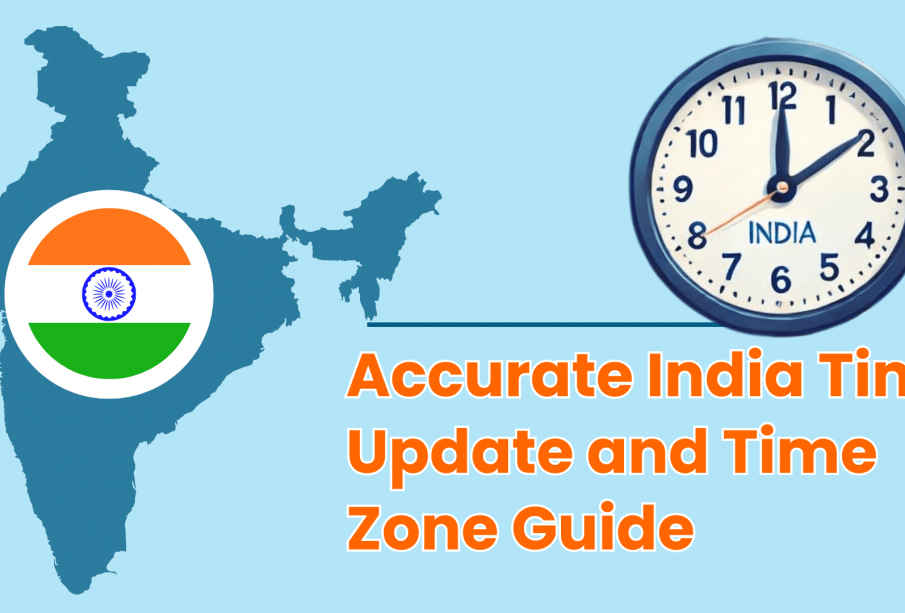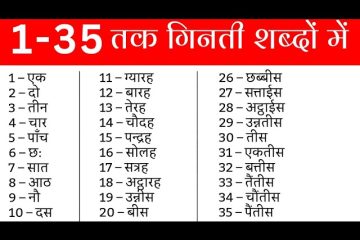Understanding India Time (IST): Importance and Relevance

Introduction
India Time, officially known as Indian Standard Time (IST), is observed throughout the country. It plays a critical role in daily life, business transactions, and international relations. Understanding IST is vital for those who engage with India, whether for travel, business, or cultural exchanges. IST is set at UTC+5:30, meaning it is 5 hours and 30 minutes ahead of Coordinated Universal Time (UTC). This fixed time zone affects everyone’s schedules, from government operations to private businesses and global communication.
Detailing India Time (IST)
Indian Standard Time is calculated from the Allahabad Observatory in Uttar Pradesh. Unlike many countries that observe Daylight Saving Time, India does not change its clocks. This constancy enables easier planning and coordination throughout the year.
India’s geographical size means that there are variations in solar time across the country. For example, the northeast region experiences sunset earlier than in the west. Despite this, IST has been uniformly adopted to maintain a cohesive time system for administrative and economic functions.
As the world becomes increasingly interconnected, the relevance of IST has amplified. Businesses in India are keen to engage with global partners, making knowledge of IST crucial for international meetings and collaborations. For expatriates and travelers, aligning schedules with IST can help avoid confusion and ensure smooth interactions.
Recent Developments
In recent years, there have been discussions regarding the potential for India to adopt a two-time zone system or to shift to a uniform time across the country. The reasoning behind this includes concerns over productivity and quality of life in the northeastern regions. However, such proposals are still under consideration and would require significant administrative efforts and public acceptance.
Conclusion
In conclusion, India Time is more than just a timekeeping system; it is an essential aspect of India’s identity and functioning. With the global spotlight on India’s rapid economic growth and cultural richness, understanding IST becomes increasingly pivotal for both locals and international partners. The importance of respecting and synchronizing with IST cannot be understated, as it fosters better communication and cooperation across various sectors.
Looking ahead, as technology continues to change our schedules and communications, the discussions surrounding India’s timekeeping practices may evolve, reflecting the dynamic nature of this diverse nation.









